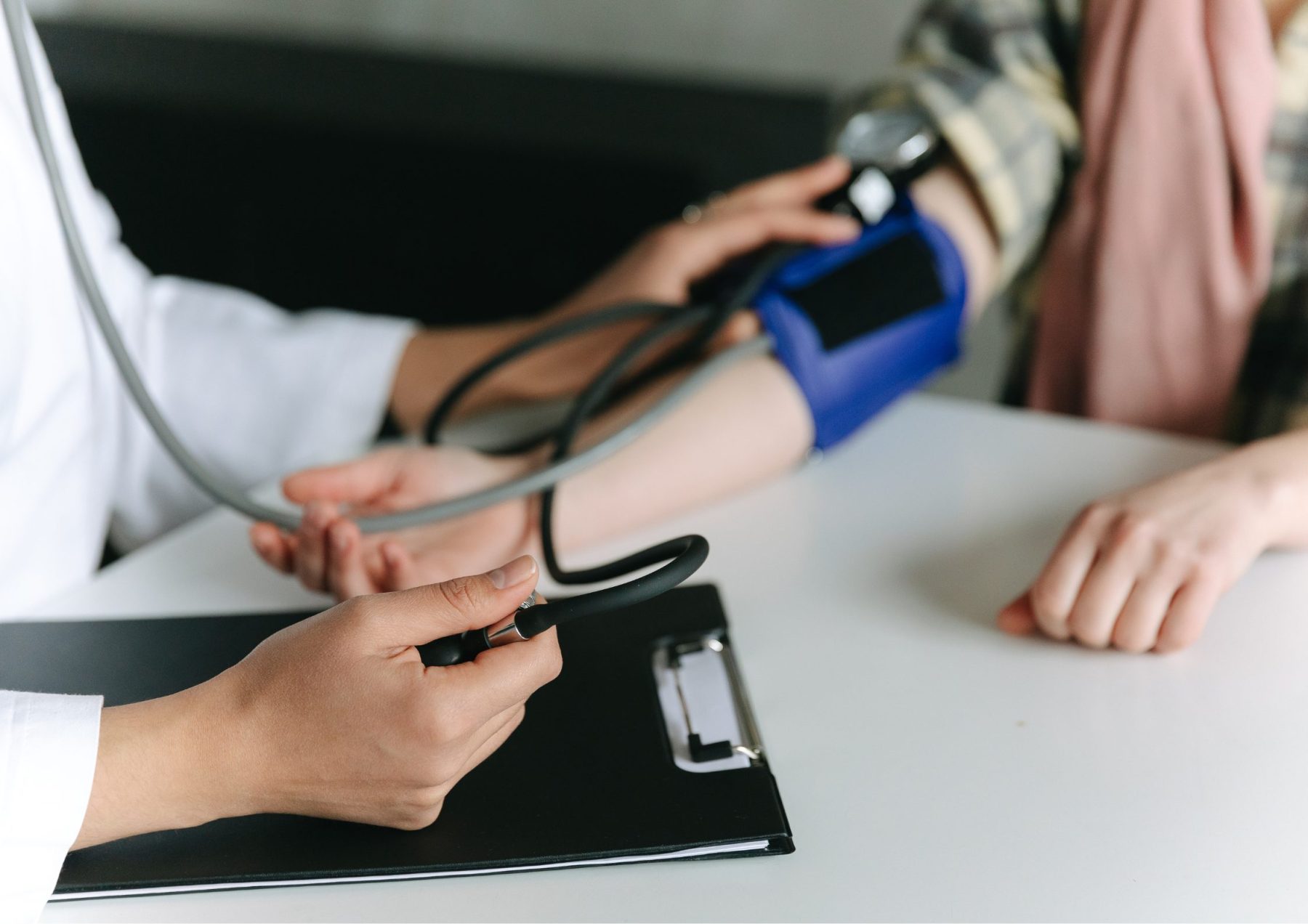NHS Blood Pressure

What is NHS Blood Pressure?
More information coming soon.
NHS Blood Pressure
information
Remedi appointments are as easy as 1, 2, 3
Book your
appointment
Fill out consultation form and attend medical assessment
Receive NHS Blood pressure treatment
Book Your NHS Blood Pressure consultation
Need To Know More?
If you have any questions, need some advice or would like to find out more information, contact us today and a member of our team will be in touch.
